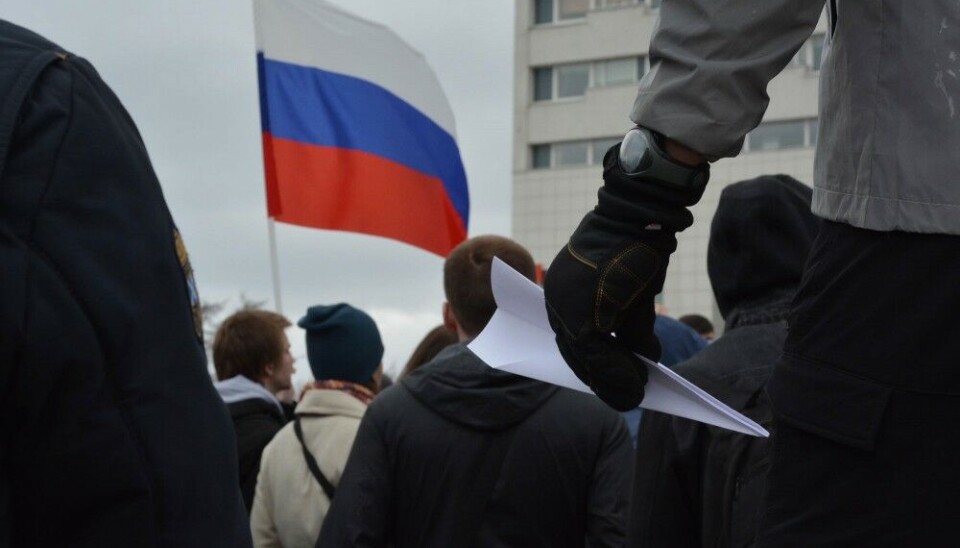
Norway calls on state officials to delete Telegram
It is seen by hundreds of millions of people as a free haven for sharing of information, but Norwegian Minister of Justice Emilie Enger Mehl believes Telegram also poses a serious threat to national security.
“Social media is a convenient arena for threat actors and others that want to influence us by means of disinformation and false news,” Emilie Enger Mehl underlines.
The minister this week said state officials on all levels should delete social media apps Telegram and TikTok on their work phones. The decision comes after a recommendation from the Norwegian National Security Authority (NSM).

“I support the assessment of the NSM, [and] therefore the Ministry of Justice and Public Security will today send a letter to all ministries where we advice against having TikTok and Telegram on service units,” Mehls says in a statement.
The recommendation will also apply to officials on the level of government agencies, as well as in regions and municipalities. The minister also wants private sector employees in sectors subjected to Norwegian national security laws to follow suit.
Mehl points to a recent report from the Norwegian Intelligence Service where Russia and China are highlighted as key threat actors against Norwegian national security interests. The report does not specifically mention neither Telegram, nor TikTok, but highlights both Russia’s and China’s intricate efforts to engage in influence operations.
According to the minister, Telegram is an app “with Russian origin.”
However, Telegram itself rebuffs all allegations about the threats, and also that it is connected with Russian authorities. “The concern of the Norwegian authorities is based on a misunderstanding that Telegram is a “Russian app,” a representative of the company says to TV2.
The company has reportedly now contacted Norwegian authorities to clarify the issue.
Telegram has in few years become one of the biggest messenger tools in the world. It is also a key tool for sharing of news and other information. In Russia, it is seen as one of the few remaining platforms where information still can be freely shared.
According to Georgii Chentemirov, journalist at the Barents Observer, Telegram is crucial for audiences in Russia.
“Together with YouTube, Telegram is today the most important platform for access to information in Russia,” he underlines. “Unlike Facebook and Instagram, which has been declared “extremist,” it is not not blocked,” the journalist explains.
Russia has over the past years blocked almost all independent media, including foreign media.
“Thanks to Telegram, even the Russians that do not use VPN can access the materials of these blocked media, Chentemirov says.
Telegram has since its establishment in 2013 grown explosively, and today has more than 700 million users across the world. In Russia, the number of subscriptions to Russian-language Telegram channels in the course of 2022 doubled to more than 2 billions, a study concludes.
For years, Telegram was under major pressure from Russian authorities, and in April 2018 it was blocked on Russian territory by media regulator Roskomnadzor. The decision triggered protests across the country, and in Moscow thousands took to the streets.

But Pavel Durov and his company soon managed to circumvent the blockage.
“We knew it was coming, so by the time the block went live, we had already upgraded the Telegram apps with support for rotating proxy servers, ways to hide traffic and other anti-censorship tools. We were joined by thousands of Russian engineers that set up their own proxies for Telegram users, forming a decentralised movement called Digital Resistance,” he explained.
According to Durov, Telegram will continue to fight censorship and information repression.
“We don’t want this technology to get rusty and obsolete. That is why we have decided to direct our anti-censorship resources into other places where Telegram is still banned by governments – places like Iran and China,” he said.
“We ask the admins of the former proxy servers for Russian users to focus their efforts on these countries. They should also stand ready for new challenges: as the political situation in the world becomes more unpredictable, more governments may try to block privacy-focused apps like Telegram.”















